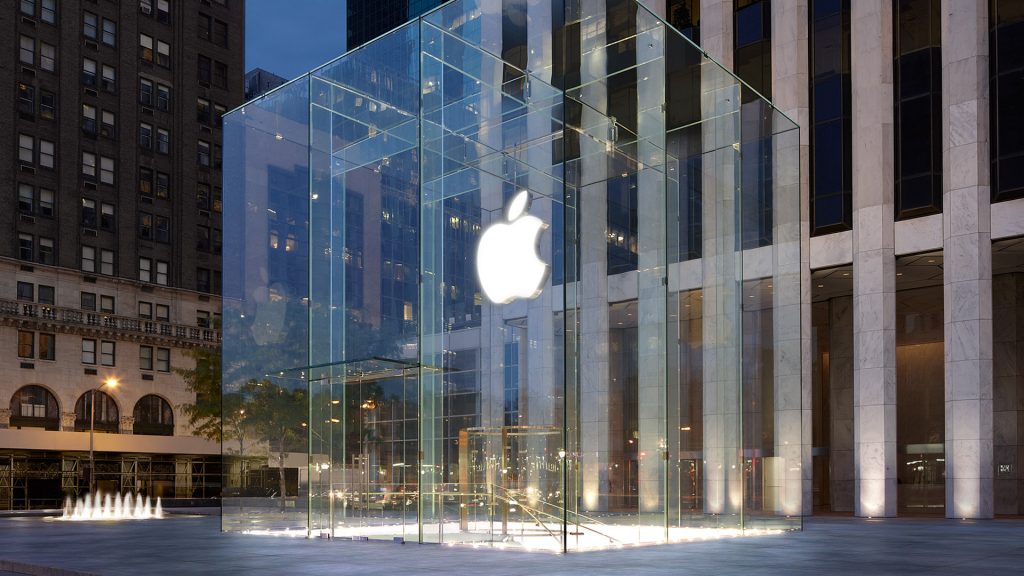
Most of what was announced today has already been written about at length because of leaks. So the drama that used to come with Apple product announcements is all but gone. Still, there was a lot there.
As expected, Apple introduced two (or three) new iPhones today: the iPhone 8 and 8+ and the iPhone X (10). Both devices offer glass on the front and back, faster processors, improved cameras and wireless charging (“AirPower”).
The iPhone X, which is 5.8 inches diagonally, also offers facial recognition (“Face ID”) and an edge-to-edge OLED display, which Apple claims is the best ever produced. The price also came in as expected, starting at at $999. Both new iPhones come in two memory configurations: 64 GB and 256 GB.
The iPhone 8 will be available for preorder on September 15 and for pickup or in-store purchase on September 25. The iPhone X is a available for preorder on October 27 and will ship in early November.
The question now for financial analysts, investors and Apple watchers is how many X phones will the company sell? And how many iPhone 8s will the company sell given the stronger pull of the X device? It might get squeezed by cheaper iPhone models at the bottom and the sexier X at the higher end.
Apple has been preemptively criticized for the high anticipated cost of the iPhone X. “Will people buy a $1,000 smartphone?” read several headlines leading up to today’s event.
However, at the end of the keynote, Apple’s SVP of Marketing Phil Schiller showed the full lineup of Apple smartphones at a range of price points, from the lower-end SE at $349 to the X at $999. The iPhone 7 will now sell for $549, and the price of the 8 is $699.
Face ID replaces TouchID only on the iPhone X, though it will likely be integrated into other devices going forward. It relies on a sophisticated new infrared scanning system that makes it highly secure. Apple says the chances of defeating it are one in 1 million vs. one in 50,000 for TouchID. Apple Pay in the iPhone X will also use Face ID.
Face ID also enables customizable “Animoji,” animated emojis which capture a user’s expressions and speech. I suspect many people (who can afford it) will be drawn to this novelty feature.
Other announcements:
- Apple announced a new A11 “bionic” chip, which is more powerful and powers both the iPhone 8 and X.
- Apple announced a higher-resolution version of Apple TV, It will now be able to stream 4K content.
- The new Apple Watch “Series 3” will be connected through an internal, electronic SIM and not require the presence of an iPhone. This is the first Apple Watch with cellular connectivity, but the company will continue to sell earlier models at lower price points. But how much will it cost to own with yet another data plan to pay for? The “independence” of the device, however, will likely drive sales and make it attractive to a wider audience.
- The company also touted the augmented reality (AR) capabilities of the new iPhones, saying these are the first smartphones built for augmented reality. There were some quick demos of augmented reality apps, including gaming, astronomy (especially cool) and sports. There’s a great deal more to say about marketing and brand applications of AR, which Barry Levine is writing about.
- iOS 11 will be available for download on September 19
The event began with a tribute to Steve Jobs, followed by an emotional Apple CEO Tim Cook taking the stage at the Steve Jobs theater at “Apple Park,” the company’s new Cupertino, California headquarters. Cook proudly described it as a “175 acre green space with over 9,000 trees, designed to be seamless with nature” and pointed out it’s 100 percent powered by renewable energy.

